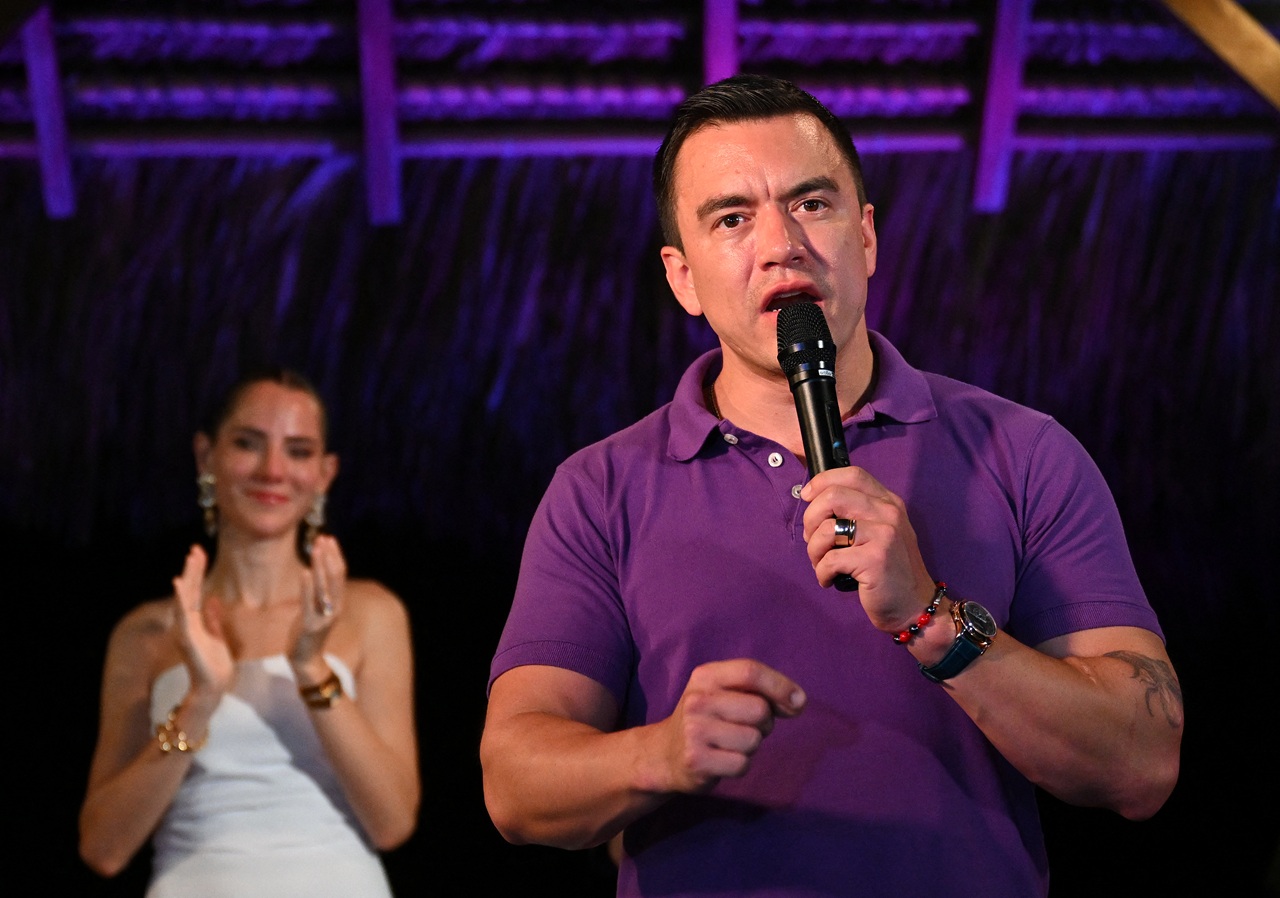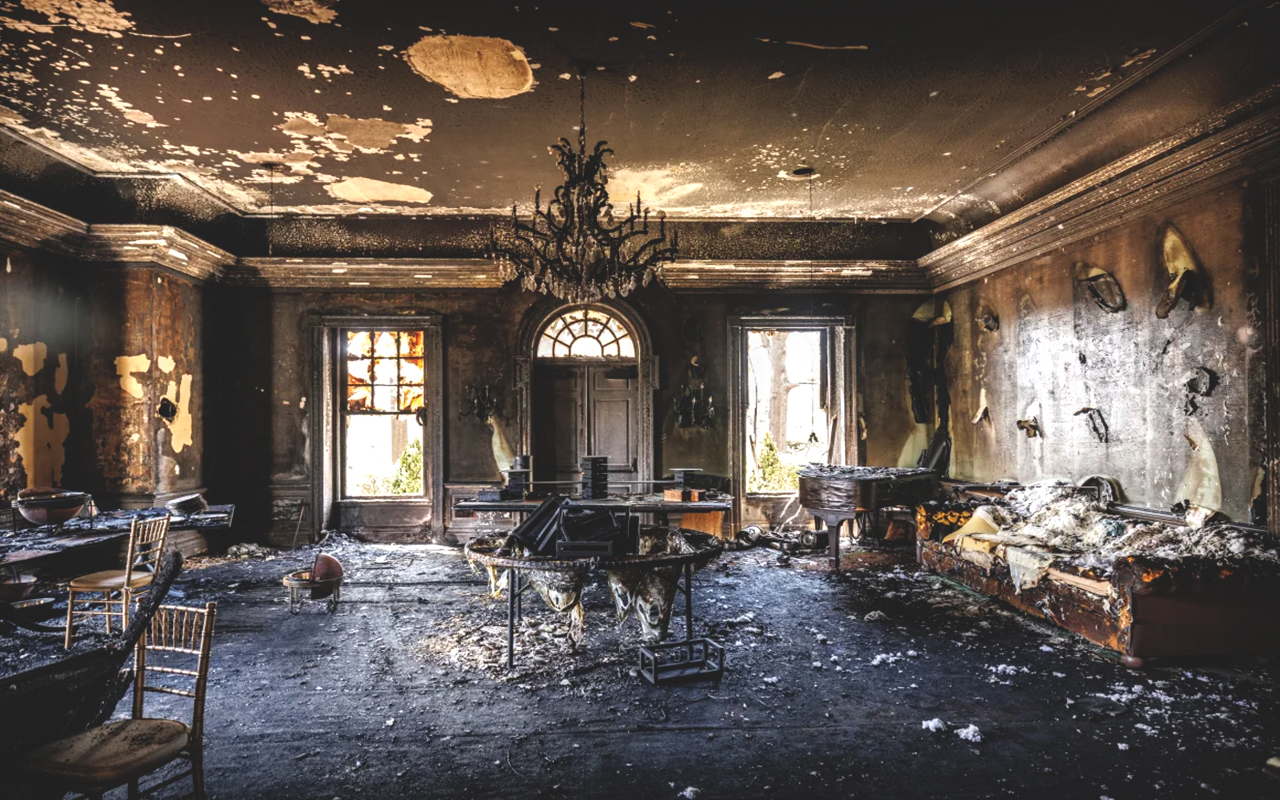Two out of three District 7 contenders formally submit petitions in the race for City Council
The 2023 primary will decide whether Maria Quiñones Sánchez’s legacy is sturdy enough to fend off competitors.
Hours before city council candidates were required to formally submit their petition signatures to Philadelphia City Commissioners, City Councilmember Quetcy Lozada and her opponent, Andrés Celin, filed theirs.
The race for a council seat in the 7th district — containing neighborhoods that are some of the most hard-hit by poverty, the opioid crisis, and homicide — is shaping up as voters will decide between the rising progressive movement and Quiñones Sánchez’s legacy.
On Monday night, March 6, Colombian-American Celin held a ceremonial petition nomination surrounded by supporters and campaign staff to celebrate the petition milestone. Celin, who launched his bid in early February, ran a campaign flush with progressive backing to take on Lozada, the ward leader-selected successor to her longtime mentor, Quiñones Sánchez.
Celin’s campaign collected 2,439 signatures, while Lozada secured roughly 3,500, according to sources close to her campaign.
Moses Santana, a third candidate who sprung in January citing “poor leadership,” did not respond to questions from AL DÍA regarding the activity behind his city council bid.
“There are some things in this neighborhood that obviously I want to be different, [and] some things that I wish weren’t the way they were, and meeting [Andrés Celin] (...) you really see a change that’s happening, and I know he’s going to fight to continue to do more,” said 18-year old Dominic Rivera, a lifelong North Philly resident who knew Celín from previous youth-oriented work.
Génesis, a Dominican woman and student who did not share her last name, said during opening remarks that she felt re-engaged in politics because of Celin. “I had no clue what any of this was about (...) When I met Andrés, the first thing he said is ‘we need to be at the table.’”
The 7th councilmanic district
The race for District 7, a region that covers overwhelmingly Latino parts of Philadelphia, has surfaced questions about whether voters itch for new leadership after three terms of Quiñones Sánchez and a quarter of a term by Lozada.
That may be the option voters see in Celin, a political outsider that modeled his messaging similarly to Helen Gym, for whom he served as a policy fellow and outreach director before doing trauma-based counseling work for Lakeside Global Institute.
His counseling and advocacy work seemingly served as precursors to his policy proposals, which include community-based violence interruption programs, renting affordability, and job training and placement for youth.
RELATED CONTENT
Like Santana, “I'm tired of leaders pretending like everything is okay. Pretending like it's not their responsibility, what's happening here in the community, or believing that they have all the answers.”
And should he become the district’s chosen official, Celin will have considerable influence over the area’s commercial and rental corridors, many of which have been eyed by developers and entrepreneurs, spurring concerns over incoming gentrification.
Lozada ran a quieter operation but has still surprised onlookers with her campaign. Quick on her feet, Lozada, in stark contrast to her predecessor, garnered a party endorsement with unanimous support from the district’s ward leaders.

What these endorsements indicate is that Lozada will navigate her relationship with the party much differently from Quiñones Sánchez, whose 14 years, while productive and forward-moving, were mired by her relationship with the party.
In previous interviews, Lozada steered away from slipping into political categories as she began her first term in city council. But her recent public appearances — which include a “coffee with a cop” series, an interview with AL DÍA, and a forum with the Real Estate Alliance — signal a more centrist approach to the district.
Responding to questions about her position in the race against Celin, the likely challenger, Lozada said her “spot is solid.”

This content is a part of Every Voice, Every Vote, a collaborative project managed by The Lenfest Institute for Journalism. Lead support is provided by the William Penn Foundation with additional funding from The Lenfest Institute, Peter and Judy Leone, the John S. and James L. Knight Foundation, Harriet and Larry Weiss, and the Wyncote Foundation, among others. To learn more about the project and view a full list of supporters, visit www.every voice-every vote.org. Editorial content is created independently of the project’s donors.











LEAVE A COMMENT: